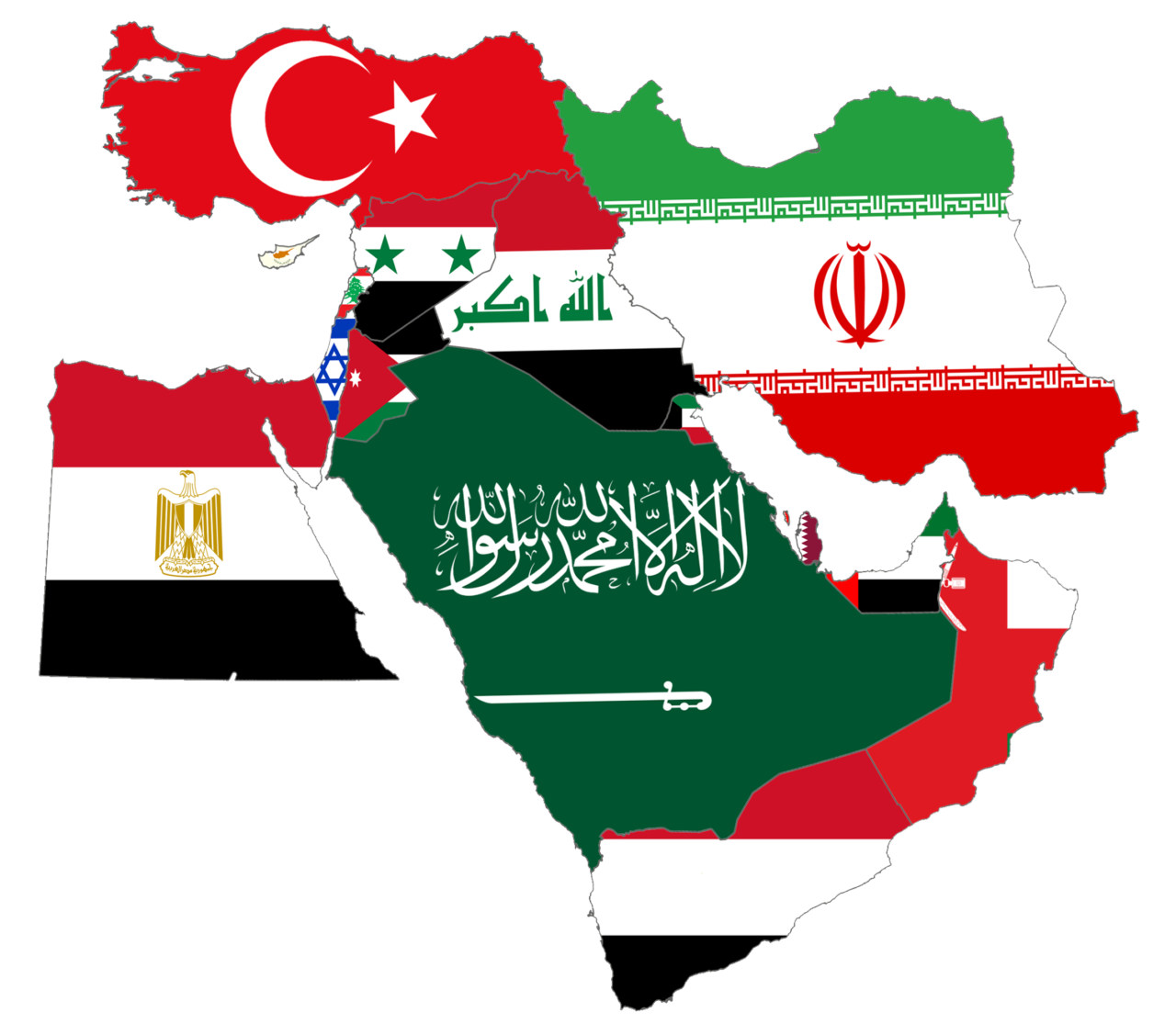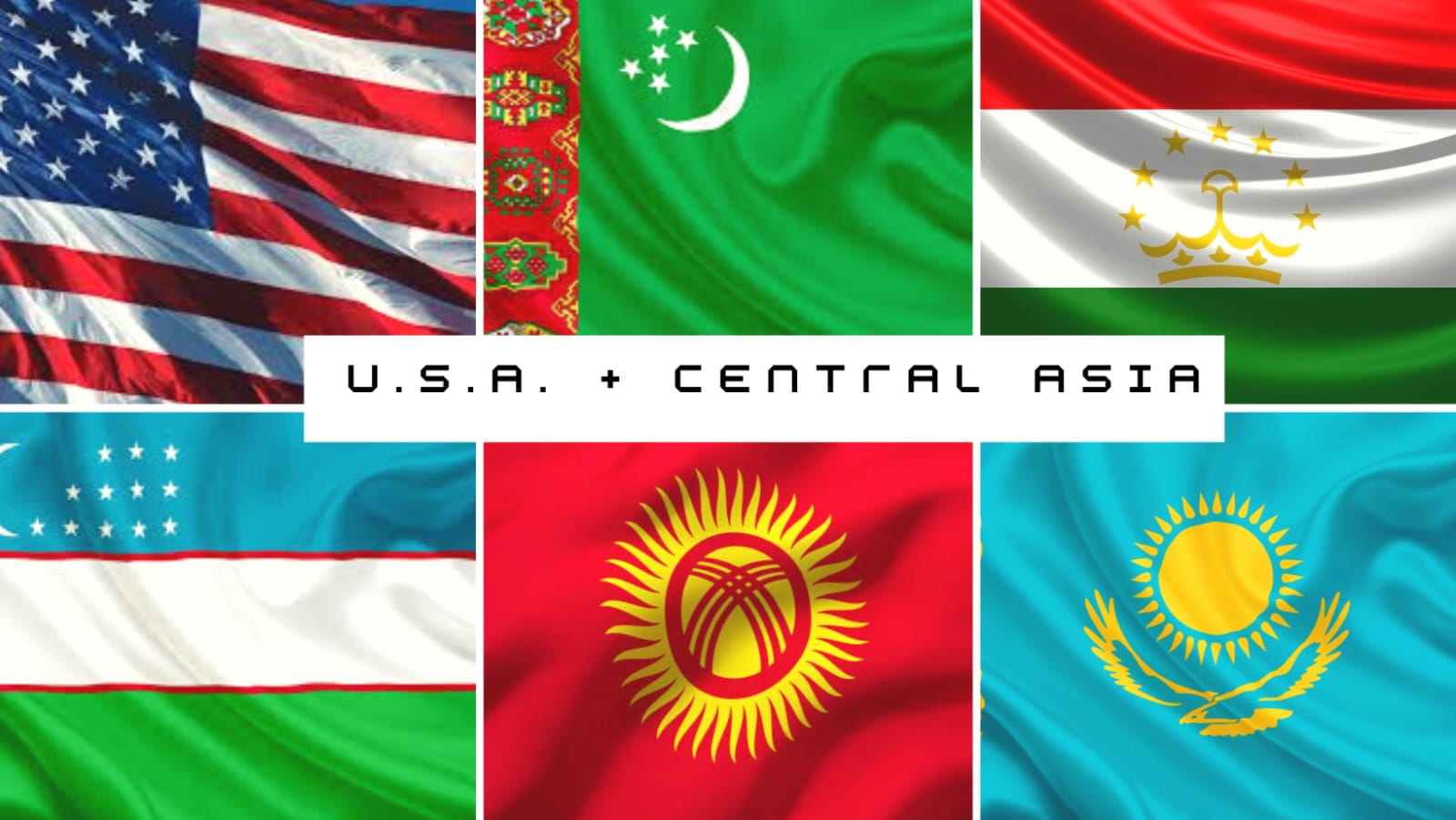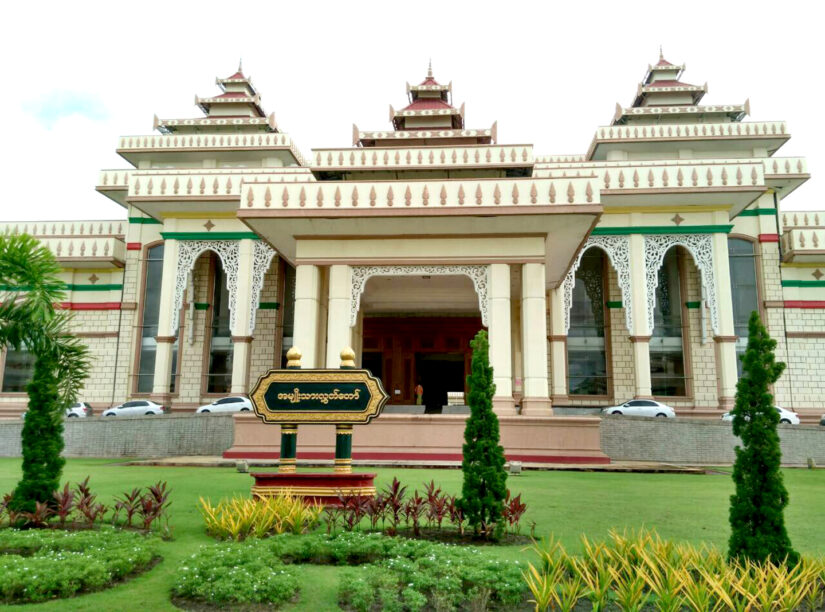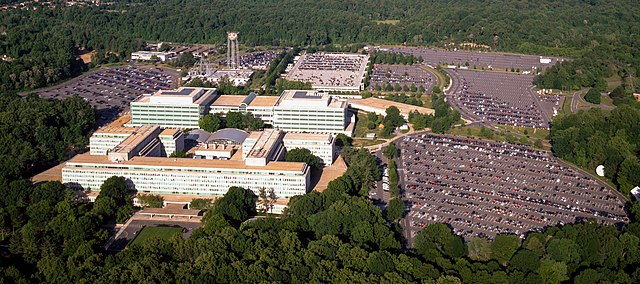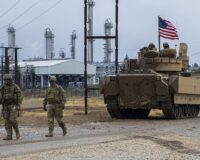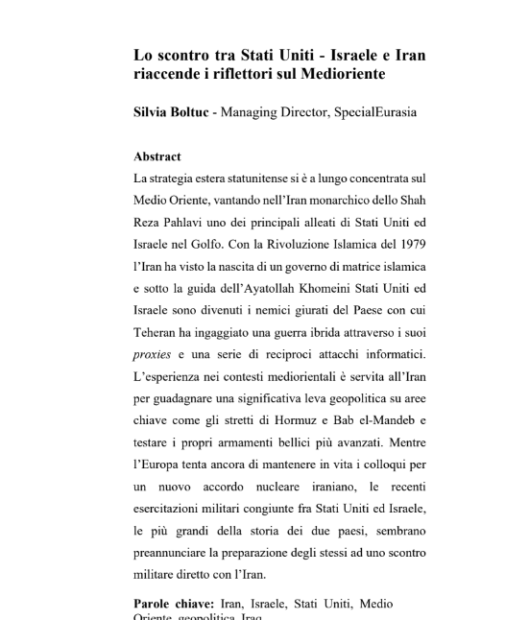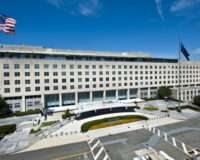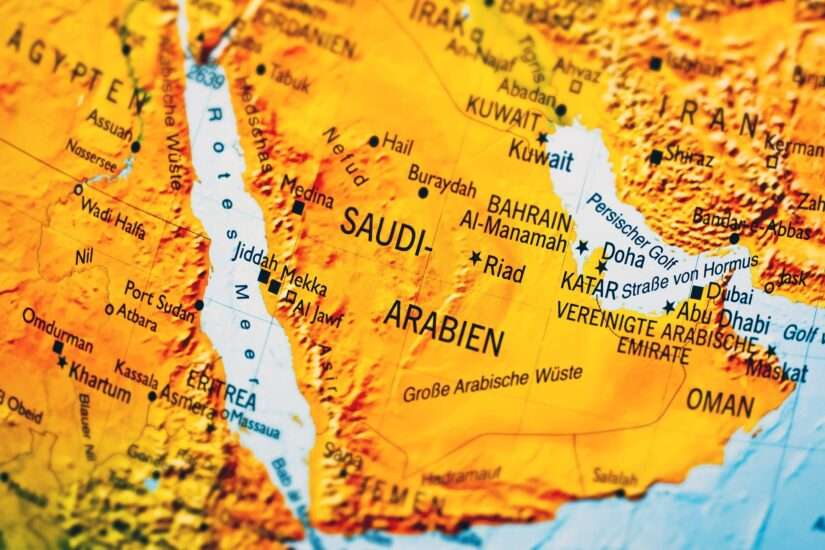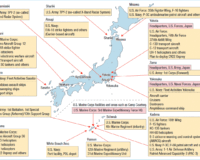Insights from the Trump-Biden U.S. Presidential Debate and Eurasia’s Geopolitics
The recent Trump-Biden U.S. presidential holds considerable significance given the current global geopolitical landscape. In Eurasia, the forthcoming president will encounter crucial challenges, such as the ongoing conflict in Ukraine, the Israeli-Palestinian crisis, the resurgence of terrorism, the growing tensions in the Asia-Pacific region over Taiwan, and the multifaceted confrontations involving China, Russia, and Iran in an increasingly multipolar global landscape.



